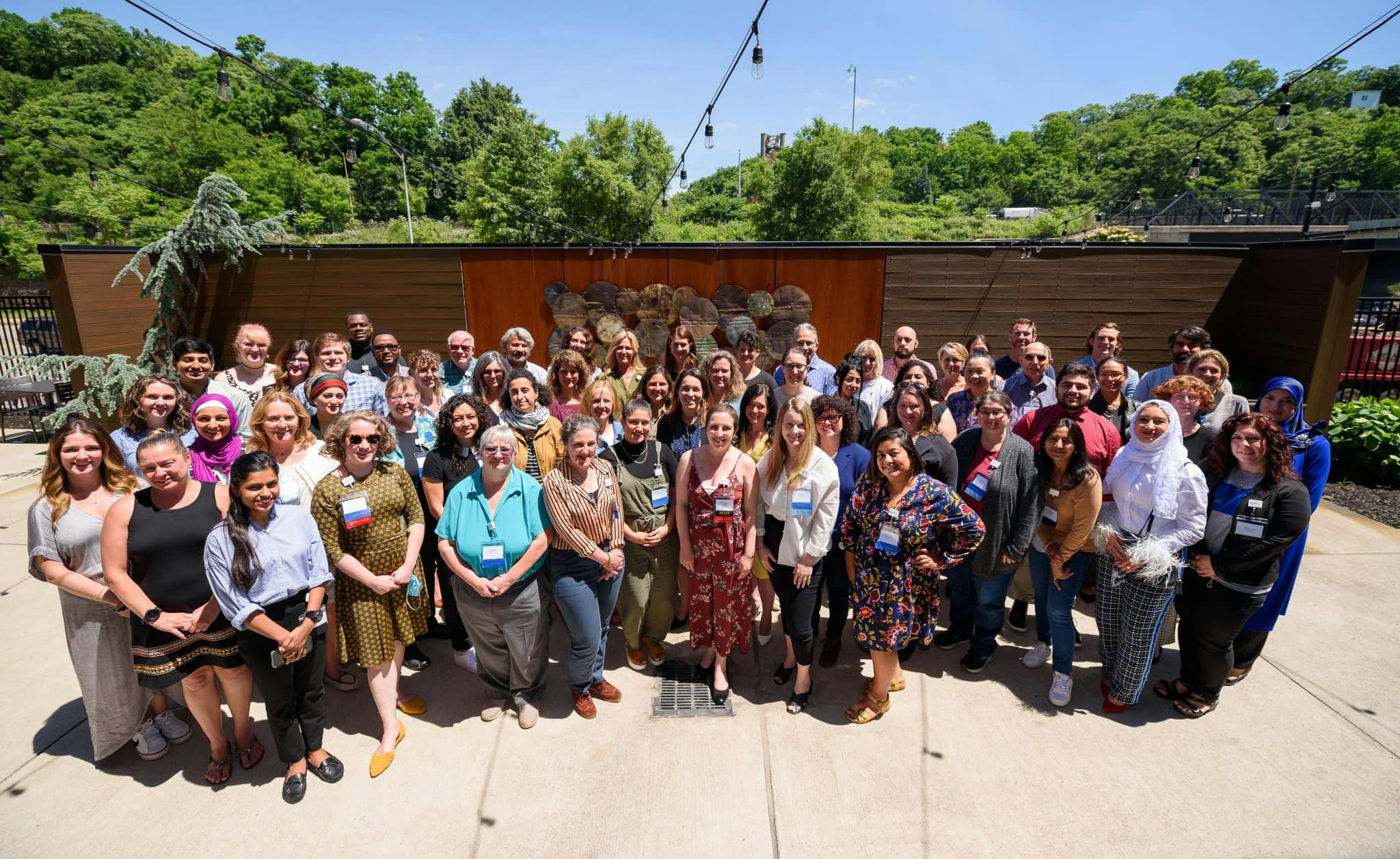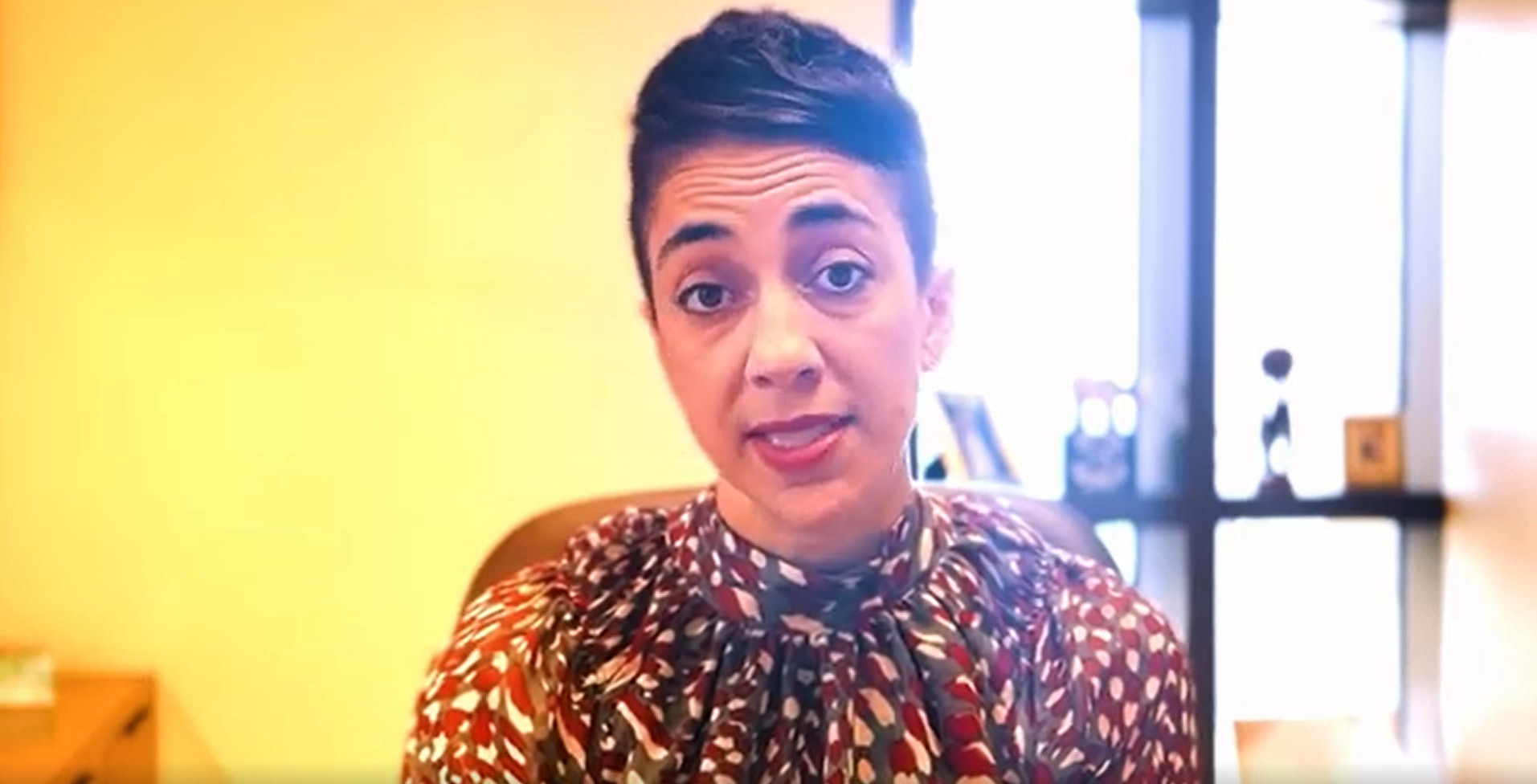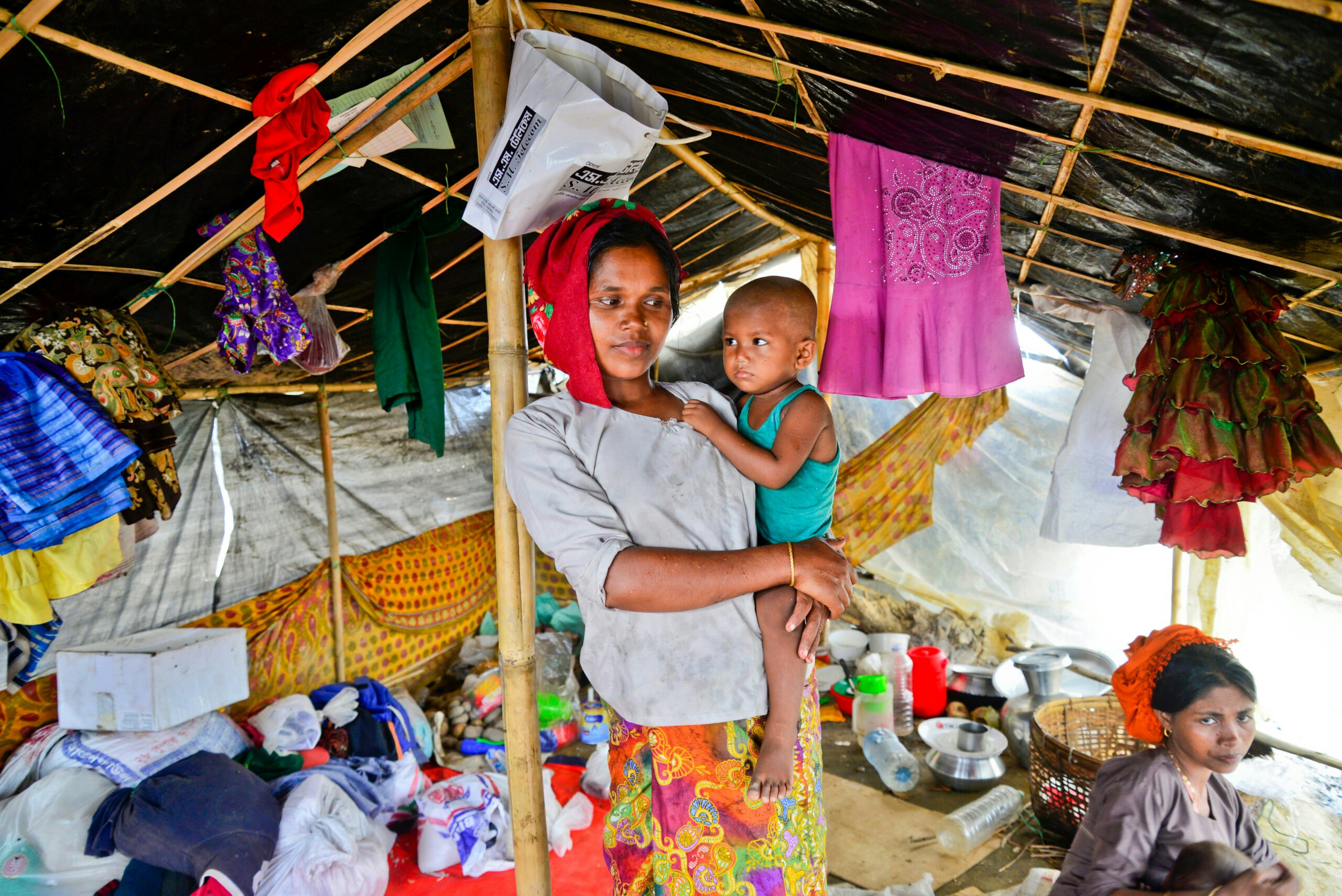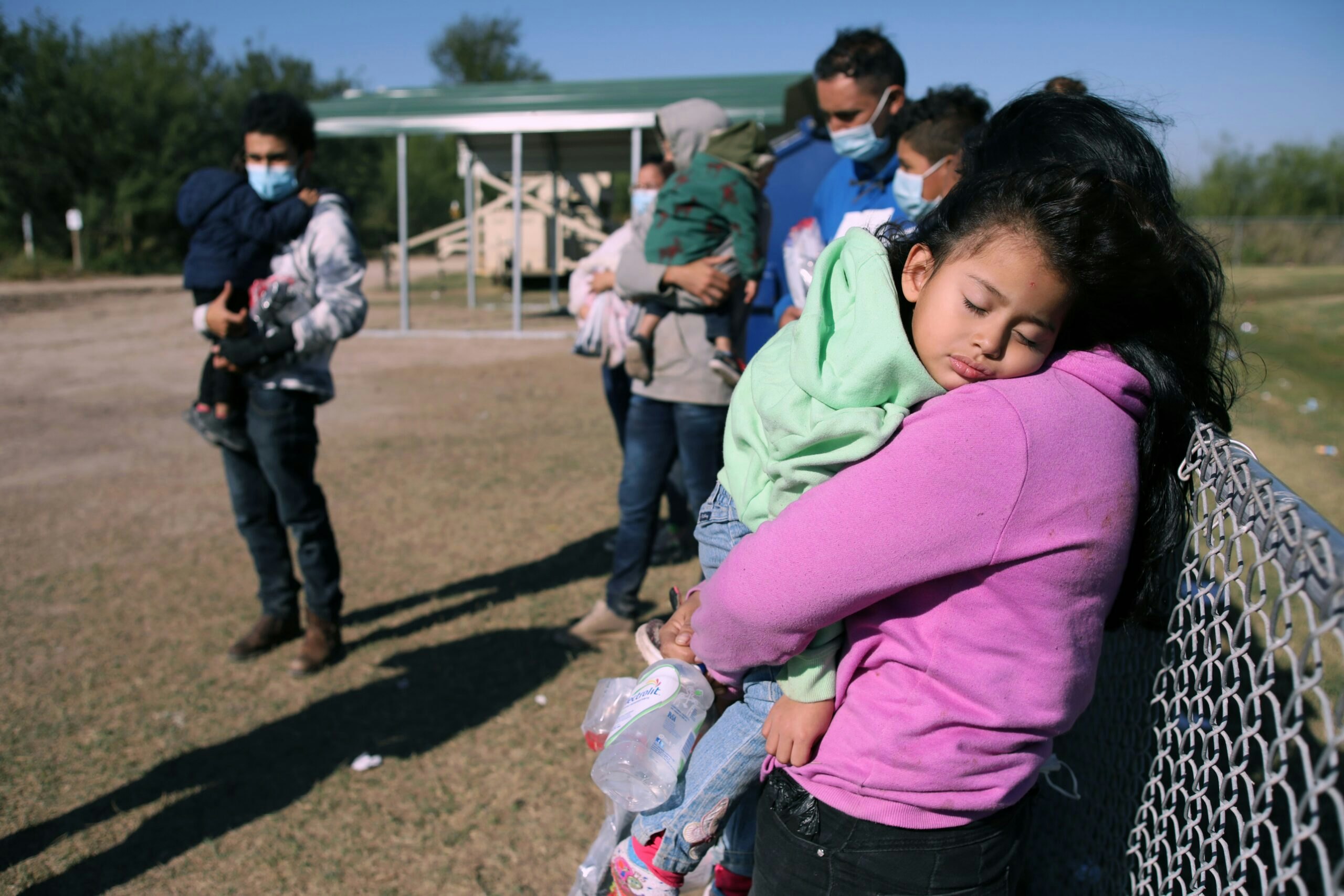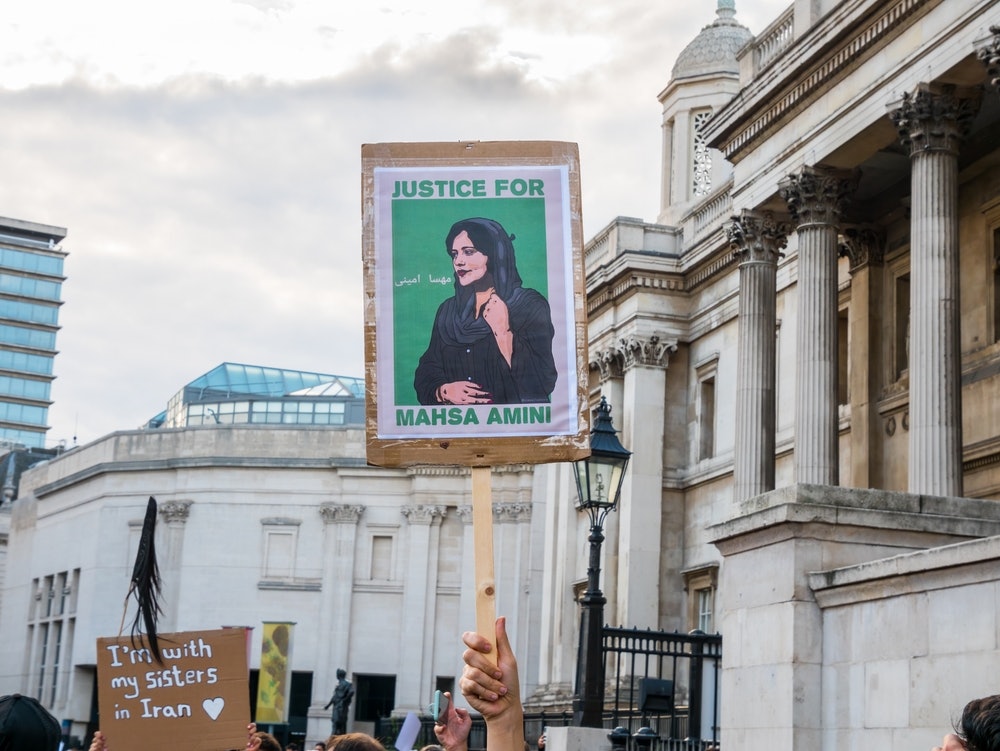Dr. Nasrin Oryakhil, director of the largest women’s hospital in Afghanistan, is being recognized by the U.S. State Department for her...
Dr. Nasrin Oryakhil, director of the largest women’s hospital in Afghanistan, is being recognized by the U.S. State Department for her exemplary leadership in promoting women’s health and maternal health care to the women of Afghanistan.
“When I was a child always I thought about ‘how can I serve the Afghan woman and the poor people?’ They are very deprived, and they need our support,” Dr. Nasrin told a gathering at the U.S. Institute of Peace awards ceremony last week. “So I took the decision to become a doctor and gynecologist obstetrician.”
For the past decade, Dr. Nasrin has served as Director of the Malalai Maternity Hospital, where she was born in 1964. Today, the hospital she oversees provides obstetric and emergency care to women in Kabul and from surrounding rural areas.
Dr. Nasrin is one of 10 international recipients for the U.S. Secretary of State’s 2014 International Women of Courage Awards. The awards honor women from around the globe with exceptional courage and leadership in advocating for women’s rights and empowerment, often at great personal risk.
During a March tour of the United States to discuss ways to improve the lives of women and girls worldwide, Dr. Nasrin and the awardees have been recognized by U.S. State Department, U.S. Institute of Peace, and First Lady Michelle Obama.
While on the tour, Dr. Nasrin is calling on the international community to support women’s health services through facilities like Malalai Hospital. As with most public services in Afghanistan, the need is great, and resources are few. The 200-bed hospital often cares for up to 20 patients in the same room.
“We accept a lot of very poor and marginalized patients who are coming from very rural areas,” Dr. Nasrin says. “On every bed we will put two or three patients, but we never reject them (because) we don’t have space.”
In addition to her management duties, Dr. Nasrin continues to practice gynecology and obstetrics, personally handling up to two obstetric surgeries a day under the most challenging of conditions. She recalls one operation during Mujahadin control when her hospital came under attack.
“The rockets were coming a lot. One rocket came in back of our operation room,” Dr. Nasrin said. “ I was on night duty, and I had a patient with a ruptured uterus with huge bleeding.”
With limited medical staff and no hospital blood bank, Dr. Nasrin donated her own blood to save the patient and went on to perform the operation herself.
During Taliban control, Dr. Nasrin worked at a government hospital while secretly running a private clinic that provided maternal health care and emergency care for women. Despite beatings from Taliban officials, she continued her work.
“I have a strong interest in my country. Sometimes I was afraid, sometimes not,” she said. “But with difficult conditions, I work for my people, especially the Afghan women.”
Today, more than a decade after the Taliban’s defeat, Dr. Nasrin’s accomplishments are many and unprecedented for a female physician practicing in this war-ravaged region. She is the founder of Afghanistan’s first center for obstetric fistular repair at Malalai Hospital. She has championed the role of midwives, helping establish the Afghan Midwives Association. As President of the Afghan Family Health Association, she has helped implement reproductive health programs, including a hotline for youth, women’s shelters, and high school outreach classes on reproductive health for students. She is an active member of the Afghan Women’s Network, has addressed Parliament, and is a member of a task force to create a Medical Council in Afghanistan.
Dr. Nasrin sees Malalai Hospital as a national model for advances that are possible in women’s health care.
“This is a real women’s empowerment collective in Afghanistan because they are literate,” Dr. Nasrin said. “Ninety-five percent of our staff are female. We have a huge number of patients in our hospital every day, 120 deliveries a day, and more than 30 operations, but we never stop because I enjoyserving our people.”
But for Afghan women seeking access to medical care in Afghanistan, Dr. Nasrin says the challenges are complex.
“In the family, women don’t have decision-making authority. The family will make the decision whether a woman goes to get health care,” Dr. Nasrin says. “The economic issue is also a challenge because most families in rural areas are so poor they can’t pay the cost of a doctor. Or transport costs, because our country has a lot of mountains and poor roads — this is a big challenge for our people. And when they arrive to a health facility, there may be a lack of female staff, or lack of some equipment.”
Although Dr. Nasrin has excelled in her profession as a woman, she says her country has too few female staff to care for female patients. Women in rural areas suffer the most.
“In the rural areas most of the female medical staff are not willing to go because of security issues,” Dr. Nasrin says. “In some places it’s a challenge for them because maybe their children will be not safe, or their husbands, or themselves. Because of that, they want to be a doctor or a health professional in the city or the center of provinces rather than in the rural area or remote district.”
A major stumbling block to increasing the number of women in medicine is literacy. “Most of our people are illiterate, especially the women,” Dr. Nasrin says. “Not enough women are literate enough to study to become a doctor.”
“One of the big issues is early marriage because most of them are married and not able to pay for higher education. Most of the families don’t have the ability to pay. They don’t have time. They have a lot of children and a lot of responsibilities, and this will not allow them to have higher education,” she adds.
As part of her personal mission, Dr. Nasrin lobbies for women’s empowerment through education and economic viability. “If a woman has her own economic ability, a woman will become stronger. Otherwise, it means she will become a second human in the family.”
The doctor’s platform as a “Woman of Courage” awardee thrusts her into a growing category of influential women gaining higher profiles across Afghan society.
“Every time we have a very sad story regarding women and violence against women, I want to talk about the other side of the story — Afghan women’s promotion. Fortunately, we have had a lot of promotion in the last 12 years. They are very active and keen to have participation in the development of our own country with our brothers.”
Women are gradually gaining political footholds in the Afghan Cabinet and government ministries, in Parliament and provincial governorships, and throughout civil society.
“Afghan women have awakened from their sleep,” says Dr. Nasrin. “If the elections are successful, if we have transparency and no corruption, it is very important for women because women are 50 percent of the population now in Afghanistan. And if the government becomes transparent, and they keep in mind women’s issues, it is to the benefit of the women.
But all progress, Dr. Nasrin insists, begins with women’s literacy. Her own story – an educated young girl who rose to international prominence and has been named one of the most courageous women in the world – is inspiring a new generation of Afghan girls. She finds hope in the very village where she grew up, where she says 80 percent of young girls now attend school.
“When the community becomes literate,” Dr. Nasrin says, “I believe, war, violence, poverty — all of these things — will be reduced day-by-day.”







